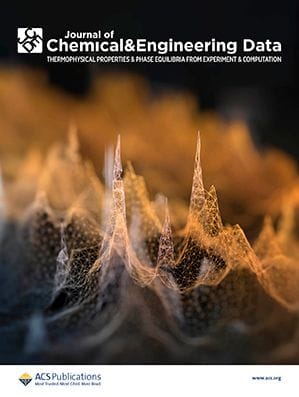This article is part of the Emerging Investigators special issue. Any field of science or engineering is characterized by the research conducted by those who work in the discipline. A specific field will evolve over time not only because of the changing interests of the people working in it, but also due to changes brought as researchers […]

Any field of science or engineering is characterized by the research conducted by those who work in the discipline. A specific field will evolve over time not only because of the changing interests of the people working in it, but also due to changes brought as researchers enter and leave (one might notice an analogy to fluid mechanics here!). Each generation of young investigators matures in a different technological environment, and consequently, they come to an academic field with very different skills and goals as compared to their predecessors. Generally, this is good, as each new group will embrace the truly valuable advances made by the previous generations while leaving behind methods, topics, and attitudes that have remained only because of sentiment or habit.
With this in mind, we are pleased to present our latest issue of Journal of Chemical & Engineering Data, which focuses on “Emerging Investigators” in chemical thermodynamics. These are the researchers who will be defining our field over the coming decades. By seeing and understanding the perspectives of this group, we get a sense of the shape of things to come.
A quick review of the contents shows a healthy mix of new and old. Studies of fluid-fluid coexistence and adsorption remain an important topic, though in some cases the substances involved are of more recent interest (e.g., metal-organic frameworks). Bulk material properties remain important subjects of measurement as well, again with some more recent twists (e.g., ionic liquids). We are struck, however, by the significant presence of computational methods for evaluating properties. Another notable element is the diversity of phenomena and materials that is spanned by the studies, showing that although certain “hot topics” dominate the news, there is still a broad representation of property and phase coexistence data among the research interests of those entering the field.
We hope this snapshot of the future of JCED is informative and of interest to our readership. Apart from the presentation of research topics, this issue is notable also for highlighting the people who will form the next generation of chemical thermodynamics. We will be eagerly following their contributions in the decades to come (or at least for those years before our own retirement!).
